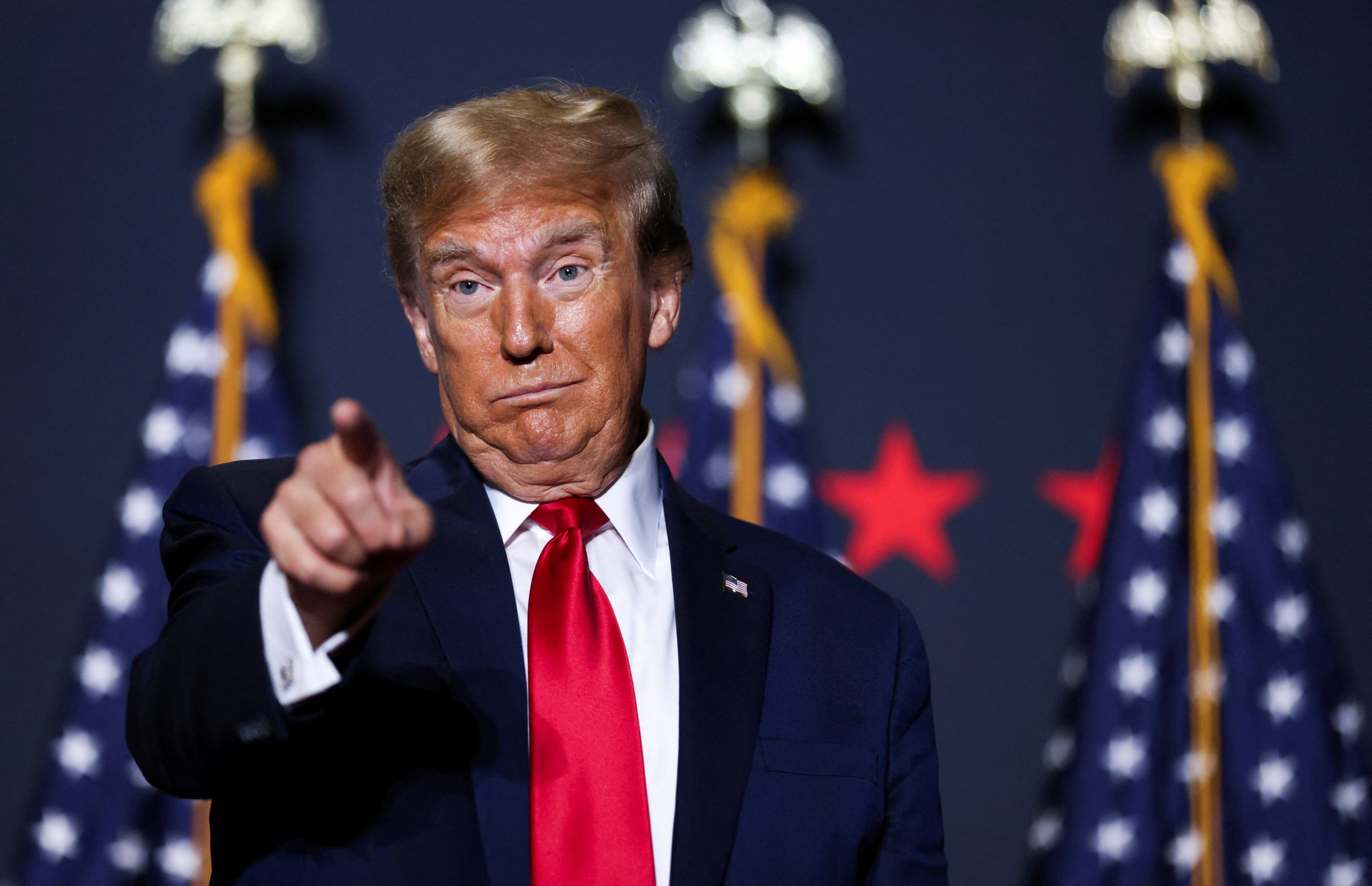President Donald Trump is gearing up to intensify economic pressure on Russia, targeting its oil, gas, and banking sectors with stricter measures. The move aims to cut Russian financial institutions off from U.S. payment systems, a step that could disrupt Moscow’s energy trade and ripple through global markets.
The decision follows the expiration of a 60-day exemption, initially granted by the Biden administration in January, which allowed certain energy transactions involving sanctioned Russian banks. As of Wednesday, that waiver has lapsed, barring banks like Vnesheconombank, Sberbank, VTB Bank, Alfa-Bank, and others from using American payment systems for major energy deals. This shift effectively tightens the noose around Russia’s ability to sell its oil and gas abroad, a cornerstone of its economy.
The impact could be significant. By limiting Russia’s access to these financial channels, the Trump administration is making it tougher for other nations to purchase Russian oil, potentially shrinking its global supply. Analysts predict this could drive oil prices up by as much as $5 per barrel—a sharp increase following a period of relatively low prices. For consumers worldwide, this might translate to higher fuel costs, adding another layer of complexity to an already volatile market.
Yet, the timing raises eyebrows. These tougher restrictions coincide with Trump’s efforts to broker a 30-day ceasefire in the ongoing war in Ukraine, suggesting a dual-track approach of economic sticks and diplomatic carrots. The stiffer measures could weaken Russia’s war chest, but they also risk complicating negotiations if Moscow digs in its heels.
As Trump doubles down on this strategy, the world watches a high-stakes gamble unfold—one that could reshape energy markets, test Russia’s resilience, and influence the path to peace in Eastern Europe.












Is Trumps approach too aggressive or necessary to counter Russias actions? Lets discuss and share our perspectives on this hot topic!
Is Trump really taking a hard stance on Russia, or is it just for show? I smell political theatrics.
Wow, Trump really making moves with these new restrictions on Russia. Do you think this will actually have a significant impact? Curious to hear different perspectives!
I dont get why Trump is going after Russia now. Is this a strategic move or just an impulsive decision? 🤔
Interesting move by Trump. Will this escalate tensions or lead to a breakthrough? Curious to see the outcome.
I dont get why some people still support Trumps actions against Russia. Arent we all tired of this never-ending drama?